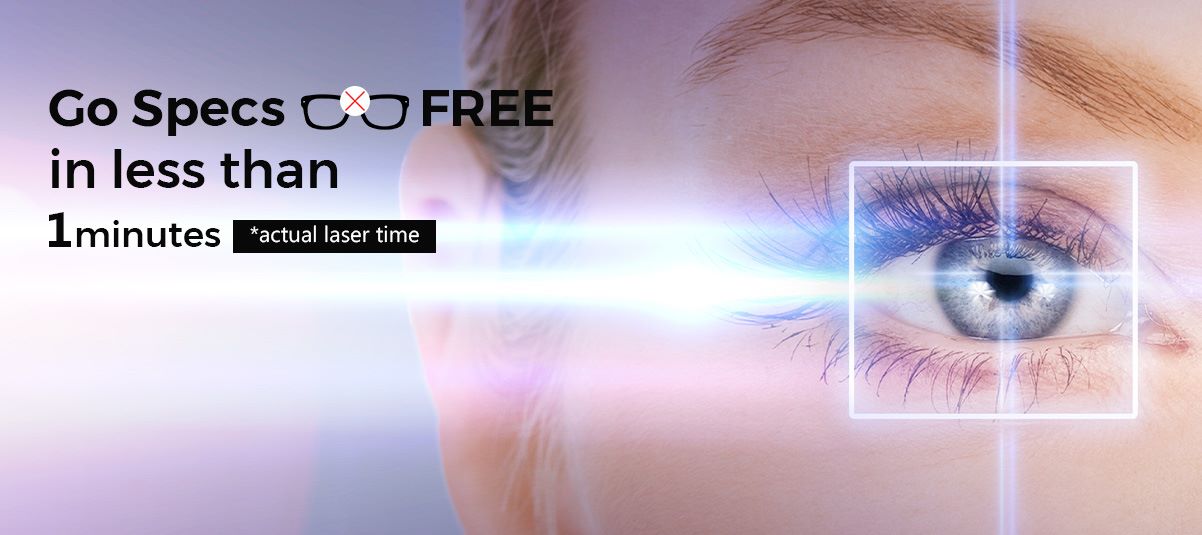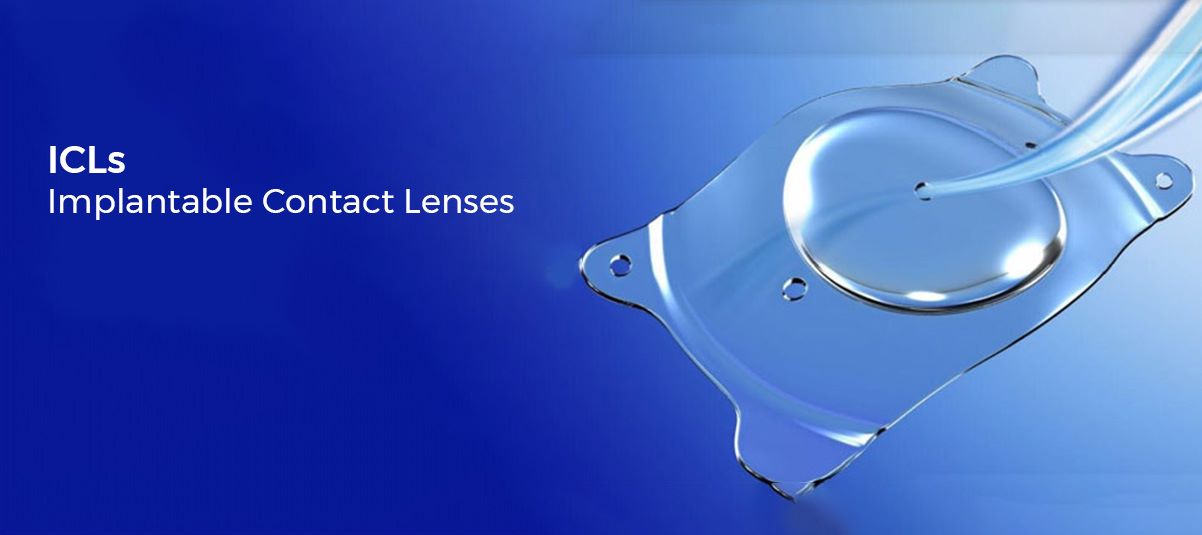Refractive Surgery
What is Refractive Surgery?

The procedure known as refractive surgery is utilized to correct the refractive defect (spectacle power) in the eye. Usually, the goal is to reduce or completely do away with the need for contact lenses and glasses. It can be completed once the patient is between the ages of 18 and 21 and has a constant refraction (glass power). A complete medical history and an extensive examination of the eyes, including corneal topography (Pentacam, Orbscan), anterior segment optical coherence tomography (ASOCT), and other tests, are required of all candidates. These tests are performed to evaluate the cornea’s thickness, curvature, and other characteristics. After compiling all the data, the ophthalmologist (eye surgeon) determines the patient’s refractive surgery options.







Refractive error symptoms?
Refractive errors can cause a variety of symptoms, such as double vision, headaches, dry eyes, glare or halos, fuzzy vision, headaches, headaches, and eye strain.
Advanced Technology & Diagnostic Tools ?
With contour vision surgery, the surface of the cornea is carefully mapped using cutting-edge technology, such as topography-guided laser systems, to provide more personalized care and better results from vision correction treatments.

Treatment Options in Refractive Surgery
You may now restore your life and your vision with the most advanced refractive surgery management options.




Good To Know Refractive Surgery Questions
By reshaping the cornea, the transparent front portion of the eye, refractive surgery corrects eyesight. By modifying the way light enters the eye, the surgery improves vision by enabling proper focus on the retina. This may lessen or completely do away with the need for contacts or glasses.
Your eligibility for refractive surgery will be determined by a number of variables. To evaluate whether you are a good candidate, an eye care specialist will look at your corneal thickness, prescription stability, and other factors. The easiest way to find out if you qualify for refractive surgery is to speak with an eye doctor.
LASIK (Laser-Assisted In Situ Keratomileusis), PRK (Photorefractive Keratectomy), Contoura Vision, SMILE (Small Incision Lenticule Extraction), and ICL (Implantable Collamer Lens) are among the several forms of refractive surgery.
Depending on the kind of operation used, there can be differences in the recuperation time following refractive surgery. The first healing process usually takes a few days to a few weeks. The majority of patients report better vision in the early days following surgery, although it could take up to several weeks or even months for full stabilization. It’s critical that you adhere to your surgeon’s post-operative instructions and show up for follow-up appointments in order to facilitate healing and track your recovery.
Reach Out To Us to Know More on the Services by filling out the Form.